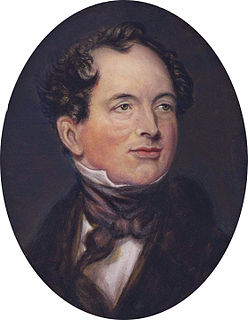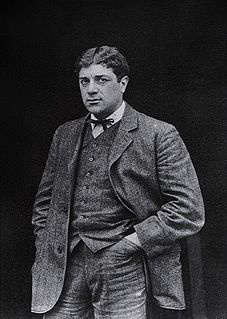A Quote by Moses Mendelssohn
We consider the beauty of nature and art with pleasure and satisfaction, without the slightest movement of desire. Instead, it appears to be a particular mark of beauty that it is considered with tranquil satisfaction; that it pleases if we also do not possess it and we are still far removed from demanding to possess it
Related Quotes
There is a rhythm in life, a certain beauty which operates by a variation of lights and shadows, happiness alternating with sorrow, content with discontent, distilling in this process of contrast a sense of satisfaction, of richness that can be captured and pinned down only by those who possess the gift of awareness.
The scientist does not study nature because it is useful to do so. He studies it because he takes pleasure in it, and he takes pleasure in it because it is beautiful. If nature were not beautiful it would not be worth knowing, and life would not be worth living. I am not speaking, of course, of the beauty which strikes the senses, of the beauty of qualities and appearances. I am far from despising this, but it has nothing to do with science. What I mean is that more intimate beauty which comes from the harmonious order of its parts, and which a pure intelligence can grasp.
I couldn't portray a women in all her natural loveliness.. I haven't the skill. No one has. I must, therefore, create a new sort of beauty, the beauty that appears to me in terms of volume of line, of mass, of weight, and through that beauty interpret my subjective impression. Nature is mere a pretext for decorative composition, plus sentiment. It suggests emotion, and I translate that emotion into art. I want to express the absolute, not merely the factitious woman.








































